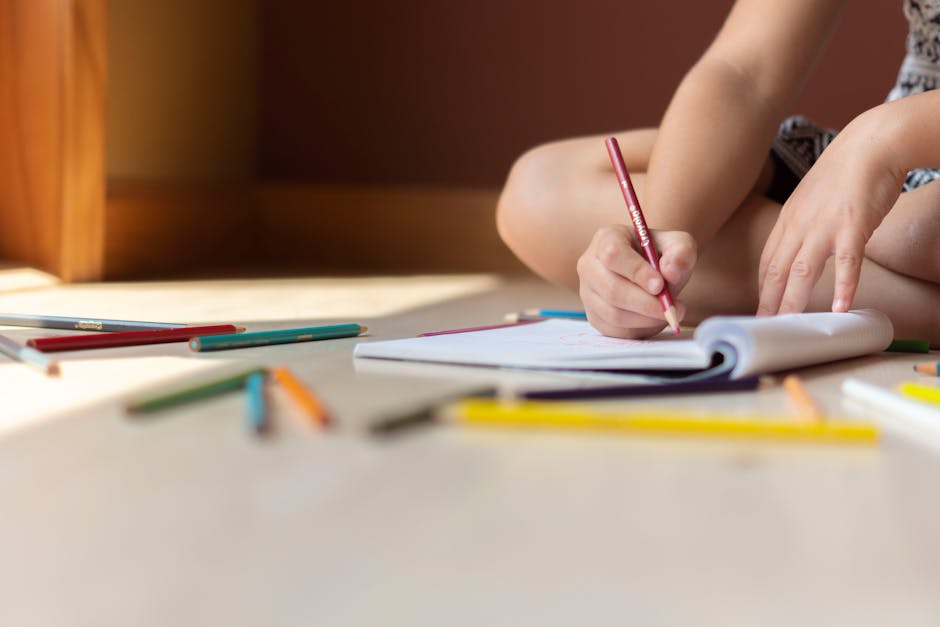
Early Childhood Brain Development
Early Childhood Brain Development
Early childhood brain development refers to the rapid growth and formation of connections in a child's brain during the first few years of life. It is a critical period where the foundation for future learning, behavior, and health is established.
Understanding the different stages of early childhood brain development can help parents and caregivers provide the necessary support and stimulation to promote healthy growth and development.
Birth to 12 Months
During the first year of life, a baby's brain undergoes significant changes and growth. By birth, a baby's brain already contains billions of neurons, the building blocks of the brain. Through sensory experiences and interactions, these neurons begin to form connections, or synapses, at a remarkable rate.
It is crucial for parents to engage in activities that stimulate the baby's senses, such as talking, singing, and playing. These interactions help strengthen neural connections and promote language development.
1 to 3 Years
Between the ages of 1 and 3, a toddler's brain continues to develop rapidly. This is a period of tremendous learning and exploration, as children begin to walk, talk, and interact with the world around them.
During this stage, the frontal cortex, responsible for decision-making and problem-solving, undergoes significant growth. A child's language skills also advance rapidly, and they begin to understand and use words to communicate their thoughts and needs.
3 to 5 Years
From ages 3 to 5, a child's brain becomes more developed and specialized. The connections in the brain become more efficient and streamlined, allowing for better communication and information processing.
This period lays the foundation for skills such as cognitive thinking, memory, and social interactions. Preschool education and play-based activities play a crucial role in stimulating the brain and fostering further development.
Importance of Early Childhood Brain Development
Early childhood brain development sets the stage for future learning, behavior, and health. The experiences and interactions during these critical years shape the brain's architecture and lay the groundwork for a child's cognitive and emotional development.
Research has shown that children who receive nurturing care, healthy nutrition, and stimulating experiences during early childhood have better educational outcomes, higher earning potential, and improved overall well-being.
Investing in early childhood brain development is therefore crucial to ensuring the healthy growth and development of our future generations.
